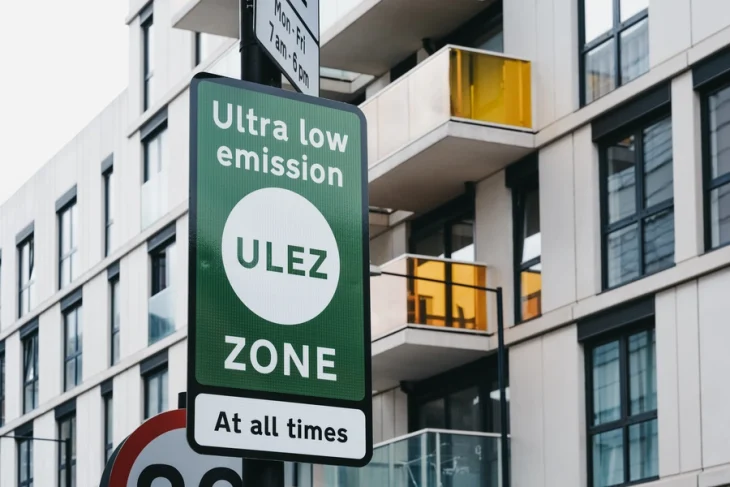
The introduction of London’s Ultra Low Emission Zone (ULEZ) has been one of the most high-profile transport changes of the past decade. While it has faced controversy, the scheme has also delivered measurable improvements in air quality and pushed thousands of drivers and businesses towards cleaner vehicles. For courier companies, it has been a seismic shift — but the question now is whether other UK cities will follow suit.
ULEZ was created to tackle toxic air pollution. London has long suffered from poor air quality, linked to thousands of premature deaths each year. By setting strict emissions standards — Euro 4 for petrol and Euro 6 for diesel — and charging £12.50 a day for non-compliant vehicles, the scheme has nudged drivers to upgrade their cars, vans and lorries.
Since the expansion to cover all London boroughs, Transport for London reports significant reductions in harmful nitrogen dioxide (NO₂) levels. Supporters argue it shows that low-emission zones can work, not just in London but nationwide.
London may have led the way, but it is not alone. Several UK cities have already introduced Clean Air Zones (CAZs), and others are exploring similar policies.
This patchwork approach means couriers delivering nationwide must juggle multiple compliance rules, adding to the complexity of route planning and fleet management.
The spread of low-emission zones has three major consequences for courier businesses:
Couriers that fail to adapt risk becoming uncompetitive as clients increasingly seek out partners who can operate smoothly in restricted zones.
While the financial burden is real, there are opportunities too. Couriers that invest early in low-emission fleets gain:
Forward-thinking courier firms are trialling electric vans, e-cargo bikes for last-mile delivery, and consolidation hubs to reduce city-centre traffic. These innovations not only cut emissions but also improve efficiency in congested areas.
The short answer is: yes. While there may be local differences, the national direction of travel is clear. The UK government has legal obligations to reduce air pollution, and public support for cleaner air is strong, particularly in urban areas.
Future expansions are likely to include:
For couriers, this means preparing now — not just for today’s rules but for tomorrow’s.
London’s ULEZ may have sparked the debate, but it’s only the beginning. Other UK cities are watching closely, and many have already taken steps towards their own clean air zones. For courier companies, this trend is impossible to ignore.
The winners will be those who adapt early: investing in compliant vehicles, planning smarter routes, and embracing greener delivery methods. For businesses choosing couriers, the message is equally clear — partner with companies who are ready for the future of urban logistics.
The direction of travel is towards cleaner, healthier cities. The courier industry has a vital role to play in making that vision a reality.